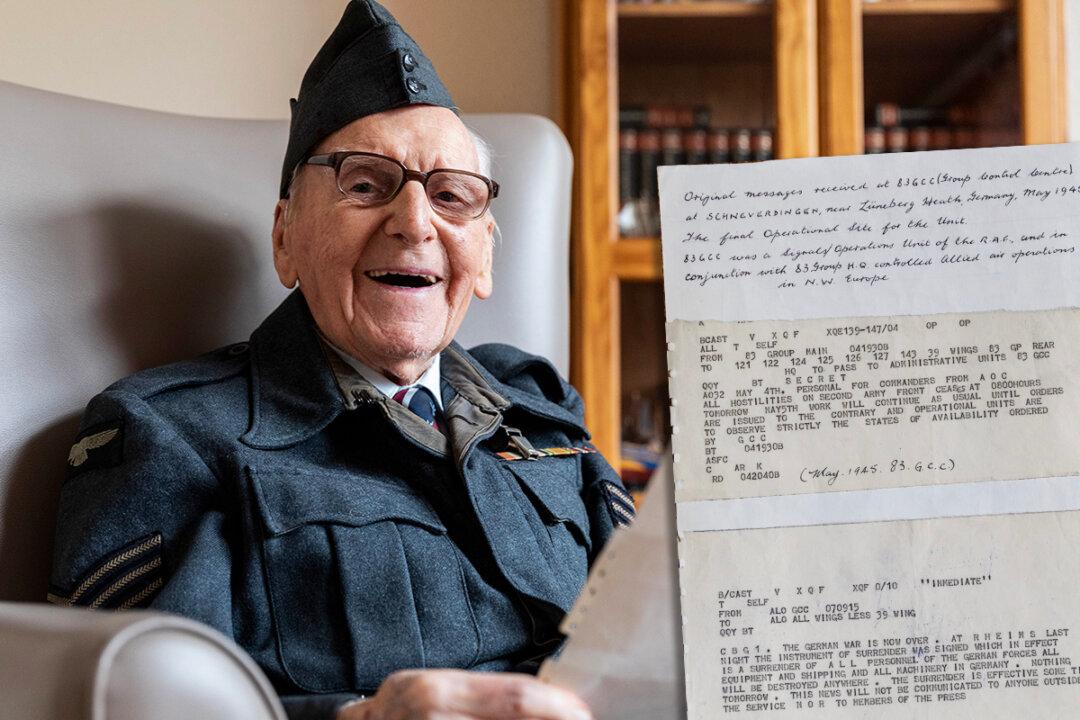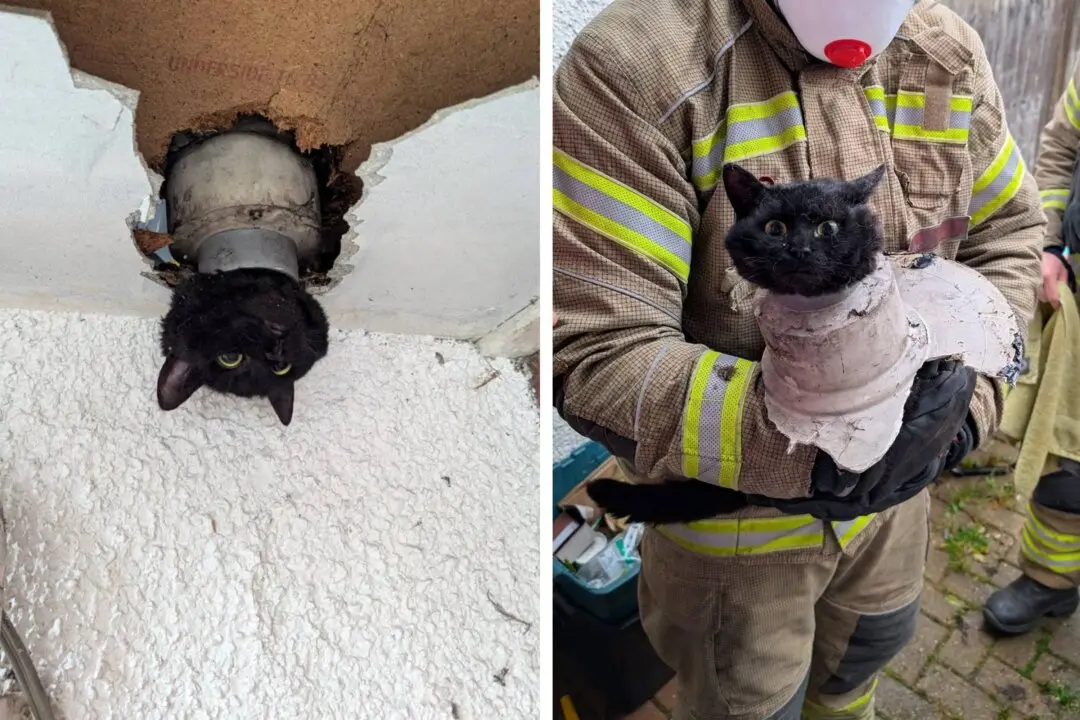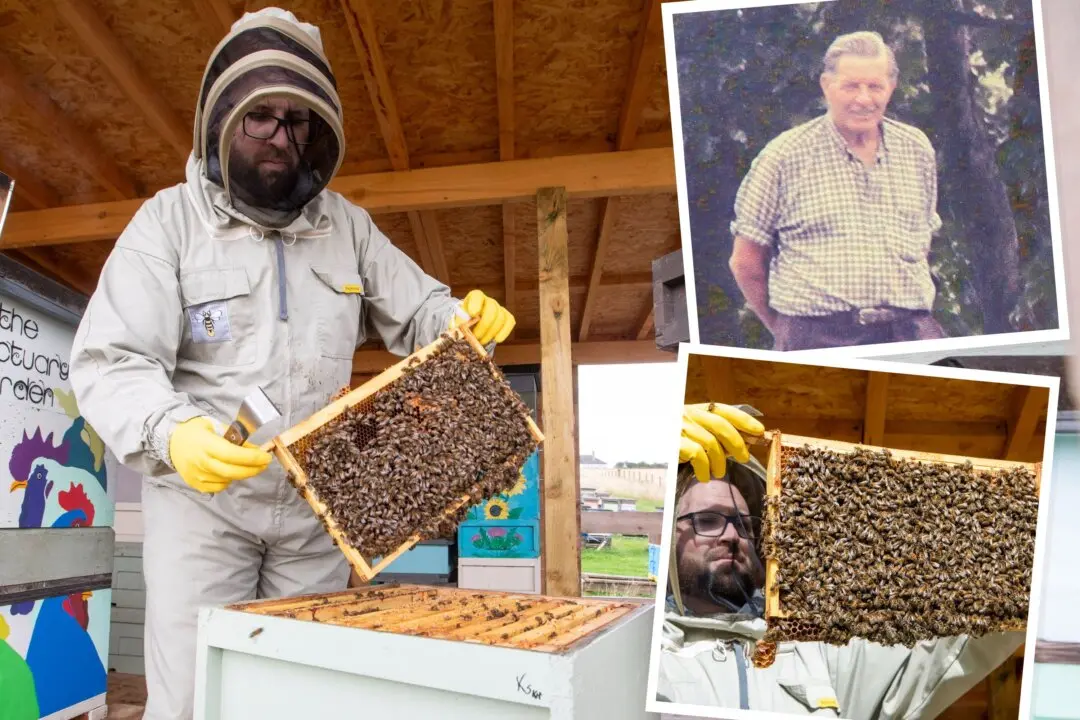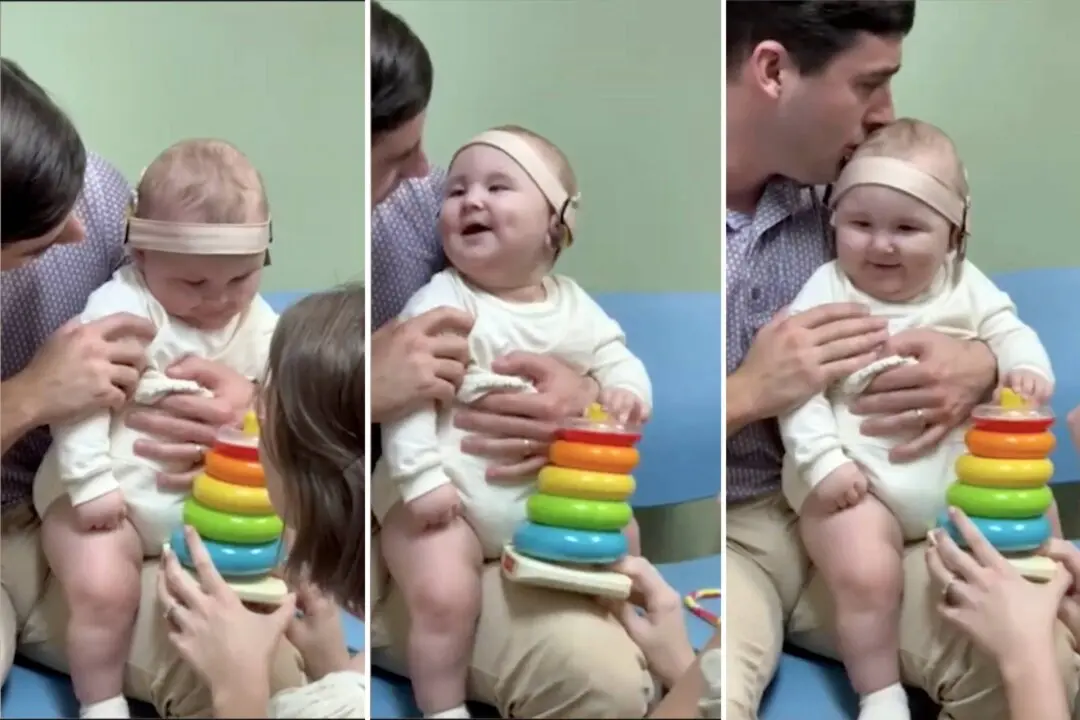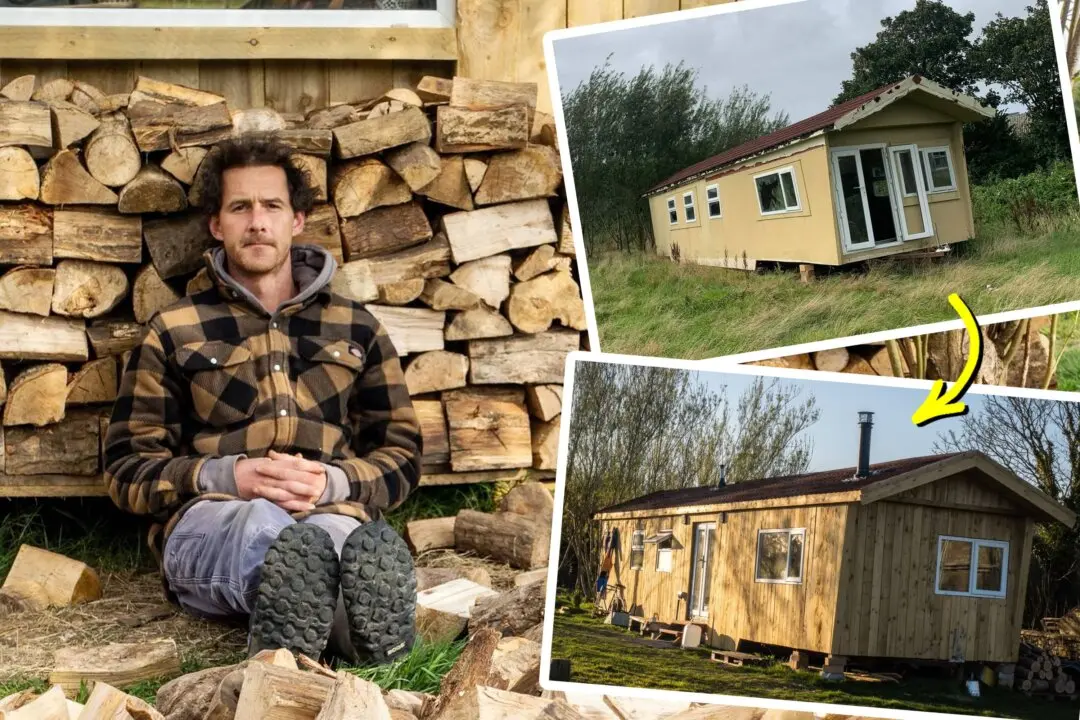A 100-year-old D-Day hero who found out the Second World War in Europe was going to end 48 hours before it was made public has vowed to keep the historic letter stating the news within his family.
Bernard Morgan was working as an RAF codebreaker in 1945 when he deciphered a secret telex that read: “The German war is now over ... The surrender is effective sometime tomorrow.”

